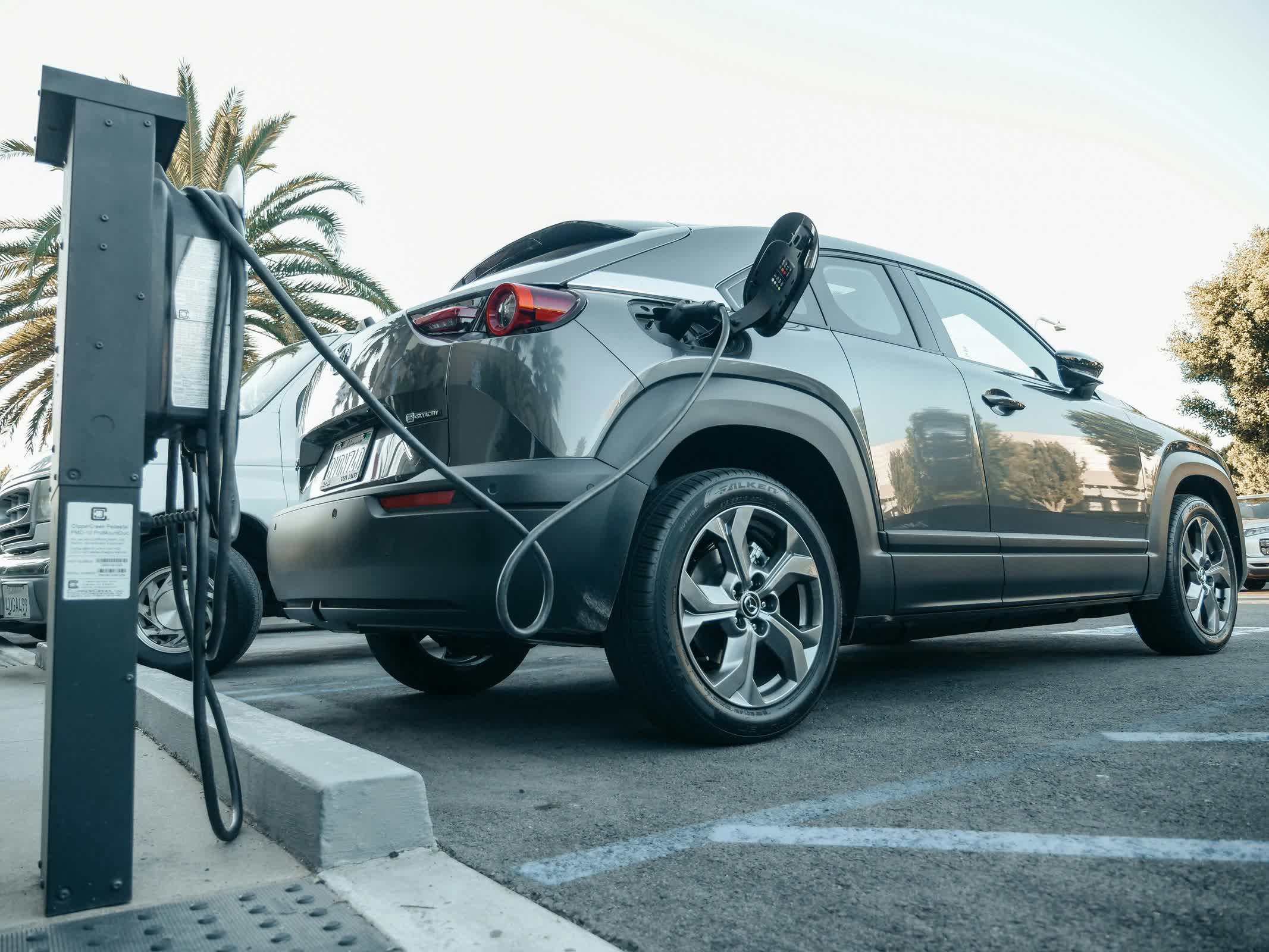In a nutshell: One reason some people are reluctant to buy EVs is the presumably limited lifespan of the batteries. Now, a new study from the SLAC-Stanford Battery Center suggests that the life of those batteries may be longer than previously thought.

The study found that electric vehicle batteries may last significantly longer than previously thought under real-world driving conditions. The research, published in Nature Energy, suggests that EV owners could potentially use their vehicles for several additional years before needing to replace the battery pack or purchase a new car.
The study's findings challenge the conventional wisdom surrounding battery testing. Traditionally, scientists have evaluated battery life using constant discharge-recharge cycles in laboratory settings. However, this approach fails to accurately reflect the diverse conditions experienced by everyday EV users.
"We've not been testing EV batteries the right way," said Simona Onori, senior author and associate professor at Stanford's Doerr School of Sustainability. "To our surprise, real driving with frequent acceleration, braking that charges the batteries a bit, stopping to pop into a store, and letting the batteries rest for hours at a time, helps batteries last longer than we had thought based on industry standard lab tests."
The research team designed four types of EV discharge profiles, ranging from standard constant discharge to dynamic discharging based on real driving data. They tested 92 commercial lithium-ion batteries over two years across these profiles. The results showed that the more closely the profiles mirrored actual driving behavior, the higher the EV life expectancy became.

One surprising discovery was the correlation between sharp, short EV accelerations and slower battery degradation. This contradicts the long-held assumption that acceleration peaks are detrimental to EV batteries. As it turned out, the researchers discovered that pressing the pedal with your foot hard does not speed up aging. "If anything, it slows it down," said Alexis Geslin, a lead author and PhD student at Stanford.
The study also examined the differences between battery aging due to charge-discharge cycles and time-induced aging. For consumer EVs that spend significant time parked, time becomes the predominant cause of aging compared to cycling.
"We battery engineers have assumed that cycle aging is much more important than time-induced aging. That's mostly true for commercial EVs like buses and delivery vans that are almost always either in use or being recharged," Geslin said. For consumers using their EVs to get to work, pick up their kids, go to the grocery store, but mostly not using them or even charging them, time becomes the predominant cause of aging over cycling, he said.
The research identifies an average discharge rate sweet spot that balances time aging and cycle aging, which fortunately falls within the range of realistic consumer EV driving. This discovery could lead to updates in EV battery management software to maximize battery longevity under real-world conditions.
Le Xu, an energy science and engineering postdoctoral scholar, emphasized the importance of evaluating new battery chemistries and designs with realistic demand profiles. "Researchers can now revisit presumed aging mechanisms at the chemistry, materials, and cell levels to deepen their understanding. This will facilitate the development of advanced control algorithms that optimize the use of existing commercial battery architectures."
The study's implications extend beyond batteries, potentially impacting other energy storage applications and materials science fields where aging is a crucial factor.
Real-world driving extends EV battery longevity, Stanford researchers find